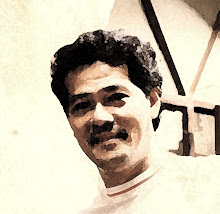
No one would argue that a child would be frightened by witnessing outright violence between the parents. To observe them constantly bickering can have a damaging effect. A husband and wife who are always sniping at one another are not the only ones who suffer from the perpetual friction. Studies have shown that children who experienced frequent episodes of parental conflict in early childhood are at greater risk of being violent themselves in adolescence and adulthood. Their safe little world becomes a battleground. They begin to feel insecurity, worried that their parents are heading for separation. They often act as mediators in their parents’ quarrels.
Witnessing of abuse is usually combined with other childhood experiences that negatively affect children's emotional and social functioning, such as harsh discipline, lack of emotional support and affection and poor parental supervision, all of which have shown to be associated with subsequent violent behavior. Young boys' witnessing of abuse of their mothers has been identified as the most consistent risk factor for engaging in intimate partner violence later in life. It is impossible and not even a good idea to hide traces of marital conflict from children. By watching how their parents interact, they learn that conflict is a part of marriage. What is important is how that conflict is expressed. It is better for kids to see their parents have a fight in which each of them is expressing his or her personality. That way they know that fighting is sometimes a natural part of relationship, which can be resolved.
Prevention of domestic violence is essential both in its own right and as part of efforts to reduce broader violence and crime in society.





